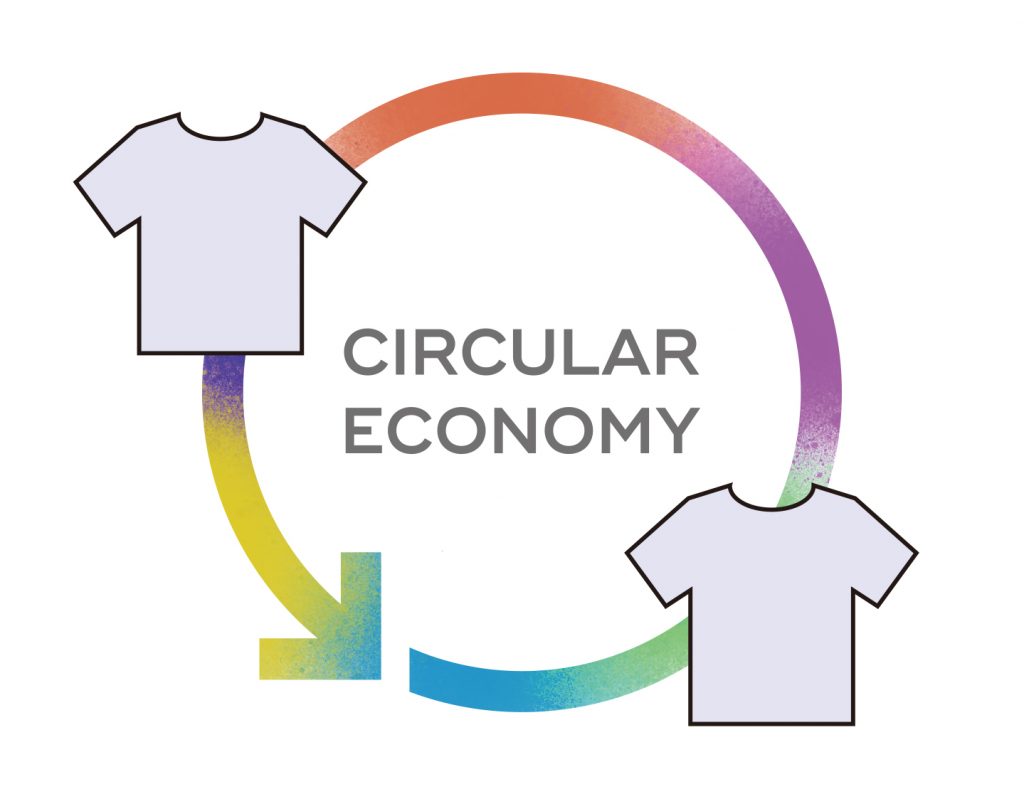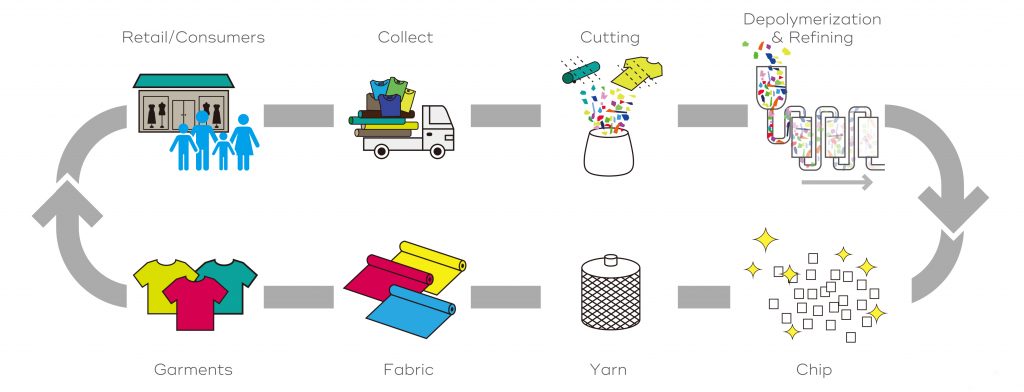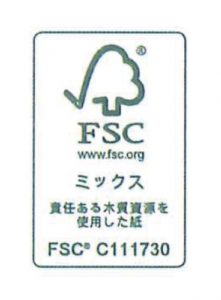
Facing the Fact: Waste in the Fashion Industry
It is nearly impossible to imagine living in a world without clothing. Every year, around 100 billion pieces of garment are newly produced. While an enormous amount of non-renewable resources are extracted to produce these clothes year after year, only few of them get recycled into new clothing.
The vast majority of old garments are sent to landfill or incinerated, and its negative environmental impacts are increasingly becoming a serious concern. Isn’t there anything we can do about it? – Our project started out from this simple question.

RENU™ Project

RENU™ Project is an initiative that addresses the issues of excessive waste in clothing and textile industry and provides various solutions to realize a future fashion system and a circular economy with measures such as recycling old garment and textile from the value chain.
Through this challenge, we transform and redesign a new sustainable value chain to close the loop in clothing and apparel in order to protect the future of our planet. The true value of RENU™ Project is supported by the people – the mills, brands, and consumers – actively participating in this project.
The Three Scopes of RENU™ Project
![]() for the
for the
Mills
The solution to reduce the negative environmental impacts must be as sustainable as possible while it is also required not to compromise in the performance of the product itself. RENU™ is for the mills who care about quality as much as they do about the planet’s environment.
![]() for the
for the
Brands
In the era of rapidly growing fast fashion, new social issues by clothes being massively underutilized are becoming more serious and critical. RENU™ is an initiative where brands and retailers can participate from the view of CSR and ESG in the rising attention from stakeholders and investors.
![]() for the
for the
Consumers
News and articles related to the environmental issues are capturing consumers’ attention more than ever leading them to take actions to make impact in solving these problems. Choosing brands and products that support and use RENU™ can be an active step towards realizing the contribution.
Circular Economy by RENU™
newly born recycled polyester and polyester material while the conventional recycling approach can only use selected pet bottle wastes to be put into its recycling process. The depolymerization and refining processes of RENU™ are the keys to produce brand-new polyester material with properties compatible to virgin products.

Realize ‘Garment to Garment’ with RENU™.
RENU realizes a circular economy in fashion by utilizing textile and clothing that used to be thrown away. This leads to less non-renewable resources put into the supply chain. At one of the partner factories of RENU™ Project located in China, they are replacing yearly 30 thousand metric tons of non-renewable resources by using collected old fabrics and garments. Participating in RENU™ Project will mean supporting this ‘Garment to Garment’ system that provides a solution to the social and environmental issues in a global scale.
![]()
Color RENU™with your color.
While polyester’ s dye-ability and colorful brightness has enlarged the possibility and diversity in textile product design, it becomes a challenge to completely remove those colors from the fiber and material when it comes to recycling them. RENU™ applies a unique technology in its recycling process that allows the recycled polyester to have a dye-ability compatible with virgin polyester. It could be dyed to the required colors without constraints such as the color dierence from batch to batch which most of the recycled polyester products in the market currently are facing.
Dierentiate your products with RENU™.
Fine counts, high-tenacity, unique cross-sections, unique brightness – these are commonly recognized and applied in today’ s textile products made with virgin fiber, however, we cannot take it as granted in recycled polyester. Typically for conventional recycled polyester, the quality and performance of the recycled polyester is highly related to the quality of the pet bottle wastes it uses and even with a high level of proper segregation and processing, it is nearly impossible to produce products compatible with virgin polyester. RENU™ can utilize nearly any type of pre-consumer and post-consumer wastes no matter where it comes from as far as it contains polyester.
How RENU™Contributes to Environmental Concerns
Compared with the conventional polyester production with non-renewable recourses, RENU™ can reduce the negative impact on environment in a massive scale. Here an example of how one of the major partner factories of RENU™ contributes each year to the environmental concerns by producing RENU™ material instead of conventional polyester.

RENU™Global Strategy
Compared with the conventional polyester production with non-renewable recourses, RENU™ can reduce the negative impact on environment in a massive scale. Here an example of how one of the major partner factories of RENU™ contributes each year to the environmental concerns by producing RENU™ material instead of conventional polyester.



